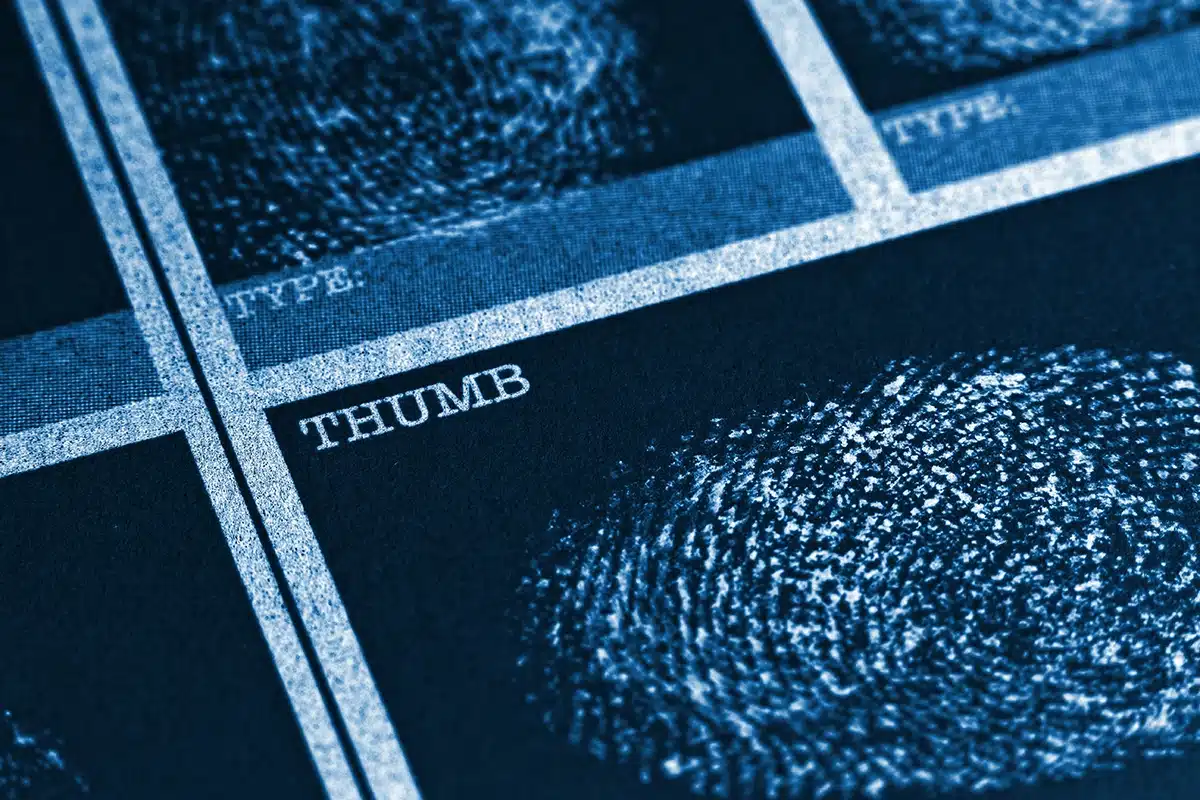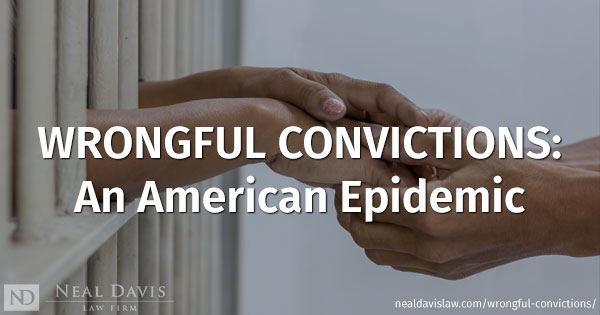
10 Ways a Criminal Record Impacts Your Life
Understanding the long-term consequences of a conviction in Texas
If you face a criminal charge, you should know the ways a criminal record can impact your life. You also should know that a skilled criminal defense lawyer from the Neal Davis Law Firm can fight for your legal rights and work to get your charge reduced or even dropped.
Even if a charge is dropped, or if you’re found not guilty at trial, that doesn’t mean the criminal charge will be omitted from your record. But in some cases it may be deleted after a certain number of years have passed, and an option also exists to gain earlier expunction or removal of a charge.
In any event, it’s vital to do everything you can to minimize your exposure to criminal prosecution — not just to protect your freedom now, but to reduce the ways a criminal record can come back to haunt you in the years to come.
Yes, even one criminal charge can do this.
Wrongful convictions and exonerations are rising across the U.S. Find out what’s causing this disturbing trend and what can be done to stop it.
How can a criminal record impact your life? Let us explore the different consequences:
1. Employment
A charge on your criminal record — even without a conviction — can hamper your ability to find a good job and can reduce your earning potential. Prospective employers have a legal right in most cases to investigate your criminal record via a background check, and they may not hire you based on what they find.
Employers also may ask you directly if you’ve faced any criminal charges or convictions, including misdemeanors and felonies. (Even a misdemeanor can affect your employment prospects, whether it’s a charge or a conviction.) You must answer truthfully, but you aren’t required to disclose arrests which didn’t lead to a conviction or misdemeanors which were later removed from your record.
2. Child custody
If you have a criminal record, that could reduce your rights when it comes to child custody — particularly if the charge involved domestic abuse or other violent acts. Even a misdemeanor can cause you to lose child custody rights, especially if the crime involves the family.
3. Adopting children
In Texas, you won’t be allowed to adopt a child if you’ve been convicted of a misdemeanor offense involving a family. Also, if within 10 years you committed a crime involving alcohol which violated the Texas Controlled Substances Act, or if you let a child to have access to a firearm, you will not be allowed to adopt.
4. Driving & other privileges
Persons with a criminal record may lose their right to drive, depending on the severity of the offense. In Texas, a criminal record involving alcohol or other drugs can lead to a 180-day suspension of your driver’s license and a requirement that you take a 15-hour course in drug education before you can regain the right to drive.
5. Firearms
A conviction in Texas may mean you lose your right to own a firearm. This is especially likely if your conviction was for any felony or for a Class A misdemeanor offense. In such cases, the Texas Department of Public Safety will not issue you a license to carry a firearm.
6. Immigration
If you are a foreign national, a criminal record can preclude you from getting a green card, changing your immigration status or becoming a naturalized citizen of the United States. You also could lose your job and be deported, even for a misdemeanor.
7. Subsequent crimes
If you face a new charge and you already have a criminal record, your existing criminal record can lead to more severe penalties for the latest crime if you are convicted and sentenced.
8. College admission
A criminal record — even if it’s for a misdemeanor — can limit your chances of gaining college or graduate school admission. This depends on the policies of the individual college or university. Also, a sexual or drug-related offense on your record can make it impossible to gain financial aid to attend college.
9. Healthcare licenses
With a record, you may be unable to gain a healthcare license, such as a license to be a nurse — even with a misdemeanor conviction.
10. Renting & leasing
In Texas, a landlord may refuse to rent to you if you have a crime on your record which occurred within a certain number of years. With sex offense convictions, the elapsed time won’t matter: The landlord can refuse you.
Don’t let a criminal record haunt you the rest of your life.
Texas court process for criminal charges
Understand how Texas criminal cases proceed and what to expect throughout the judicial process.


